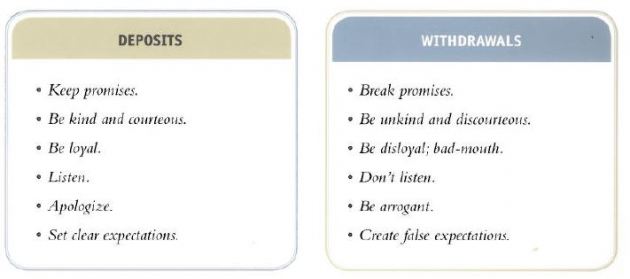Zachariah, Chapter 8, verse 14-15
14 Thus says the
LORD of hosts: Just as
I intended to harm you when your ancestors angered me—says the LORD of
hosts—and I did not relent, 15 so again in these days I intend to favor Jerusalem
and the house of Judah; do not fear!
Here
we see God’s mercy is always greater than His justice. Be daring for we are
favored and great is His mercy to us.
Christ
shows us the Father in His forgiveness. Christ would not relent for as you read
the gospels it is clear Christ teaches forgiveness and tells us to ask for the
strength to forgive other people. Christ in his first sermon made it abundantly
clear we need forgiveness and in His death His last words were about
forgiveness. God shows us in this verse to not keep score. How often we
tabulate all the wrongs others have done to us. We hold grudges; we plot and
wait for vengeance. Christ shows us the depth of His love by forgiving even his
executioners.[1]
The
late Stephen Covey created a metaphor called the Emotional Bank Account. In the
same way we use a bank account to save up money and withdraw it when we need it
our emotional bank account works similarly but instead of money we deposit
TRUST.
Covey
identifies six ways to make deposits (or reduce withdrawals):
1)
Understanding
the Individual. This means listening intently to what the other person is
saying and empathizing with how they may feel. It’s important to care for
others and act with kindness toward them.
2)
Keeping
Commitments. How do you feel when someone arrives right on time when you have a
meeting? How about when people simply do what they say they will do? You build
up an emotional reserve by keeping your commitments.
3)
Clarifying
Expectations. We are not mind readers, and yet we consistently expect others to
know what we expect of them. Communicating our expectations can help create a
higher level of trust. When we ask for what we want, and we get it, we can then
trust a little more.
4)
Attending
to the Little Things. Don’t you find that the little things tend to become the
BIG things when they do not receive our attention? Doing the little things is
how we honor and show respect for others. Small kindnesses, a smile, a little
extra effort, a hug, doing something you didn’t “have” to: these are the things
that build trust.
5)
Showing
Personal Integrity. Integrity is the moral floor upon which trusting
relationships are built. When we operate with sound moral character, it makes
it so easy for others to trust us.
6)
Apologizing
When We Make a Withdrawal. We will make mistakes; it’s part of life. But when you
see you have violated a trust, sincerely apologizing is how we make a deposit
to counteract the damage we have done. When your trust level is
high, because you’ve made lots of deposits, communication is almost effortless.
You can be yourself, and others understand and appreciate you. Then, when you
make mistakes or offend someone unexpectedly, you draw on that reserve and the
relationship still maintains a solid level of trust.
Conversely,
when you are discourteous, disrespect others, interrupt others, speak
sarcastically or ignore others, your emotional bank account becomes overdrawn
because you have jeopardized the trust level.[2]











No comments:
Post a Comment